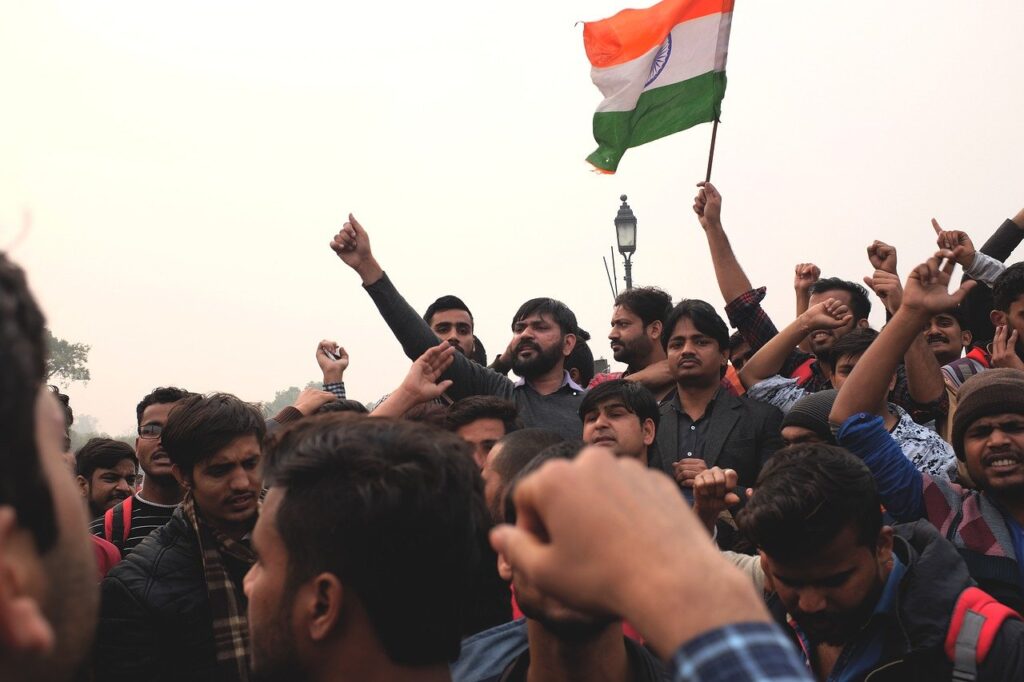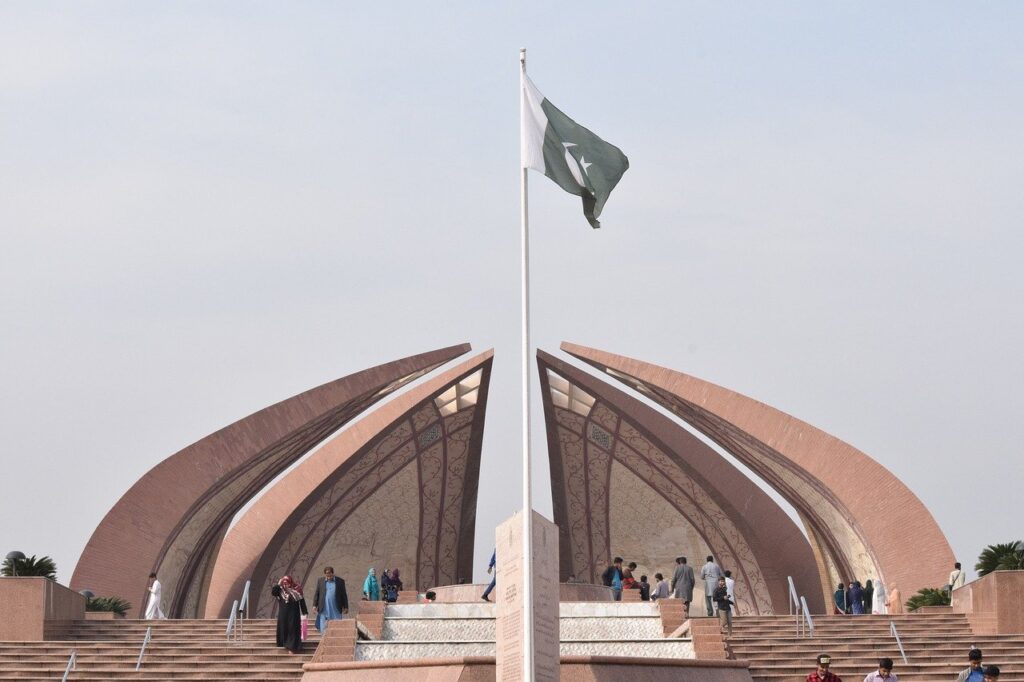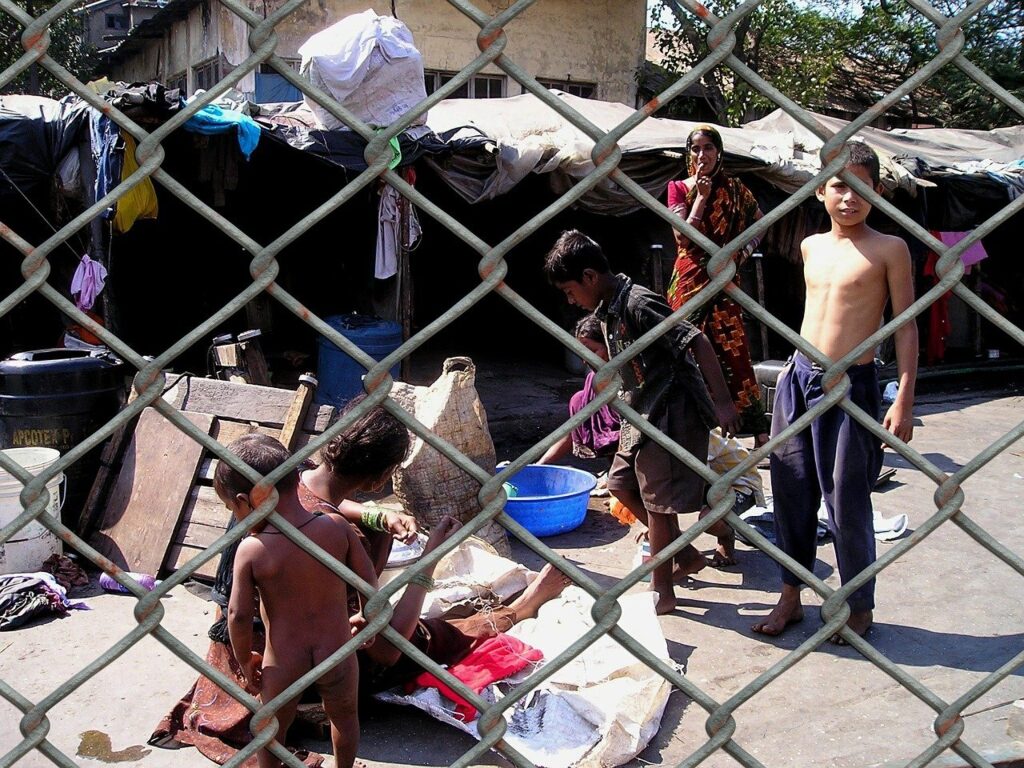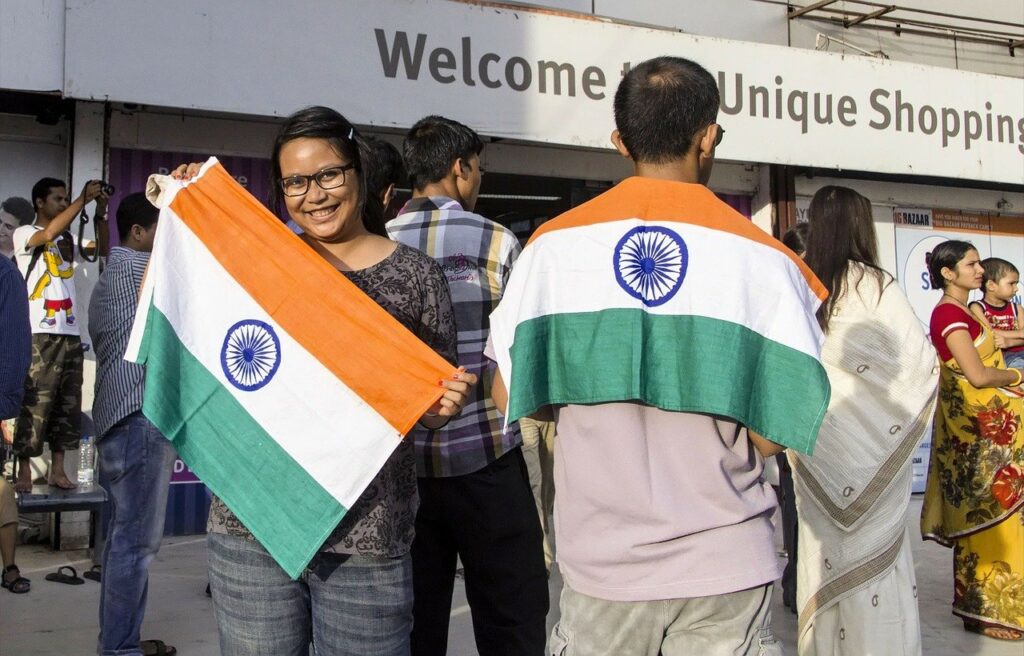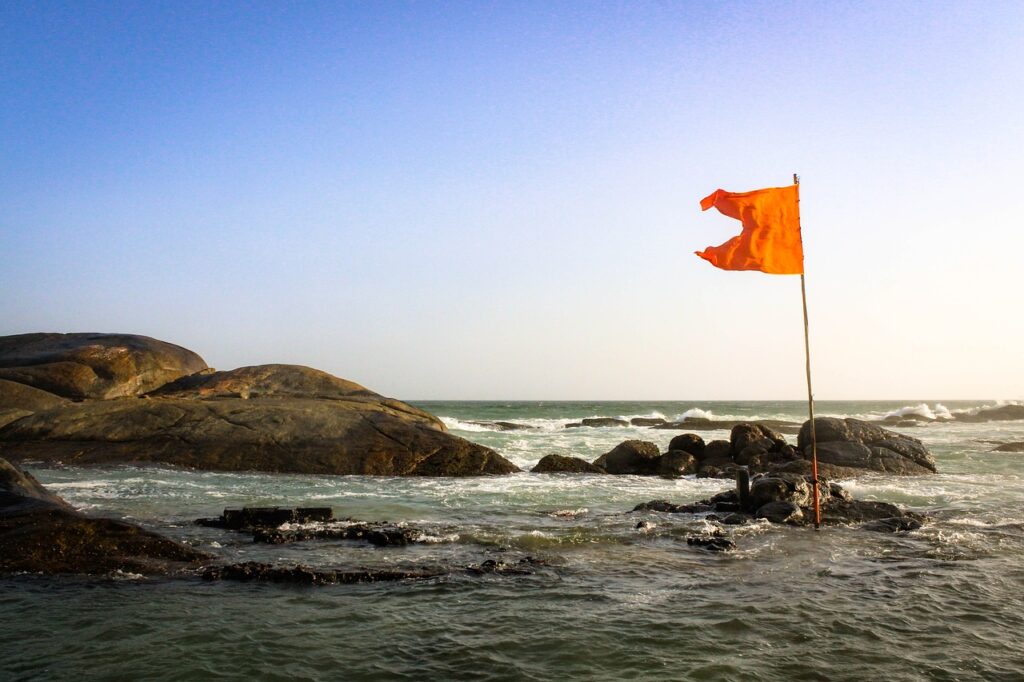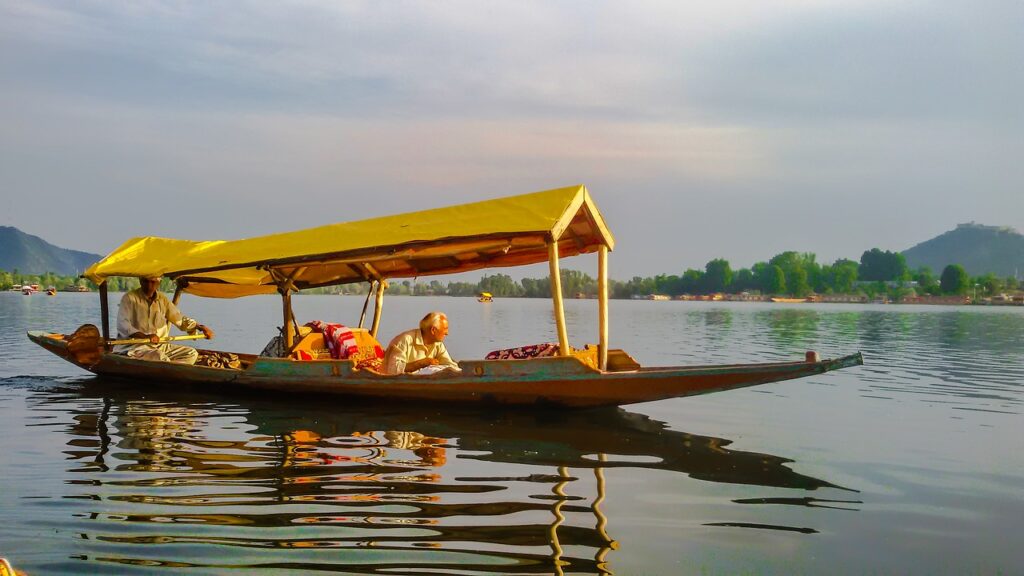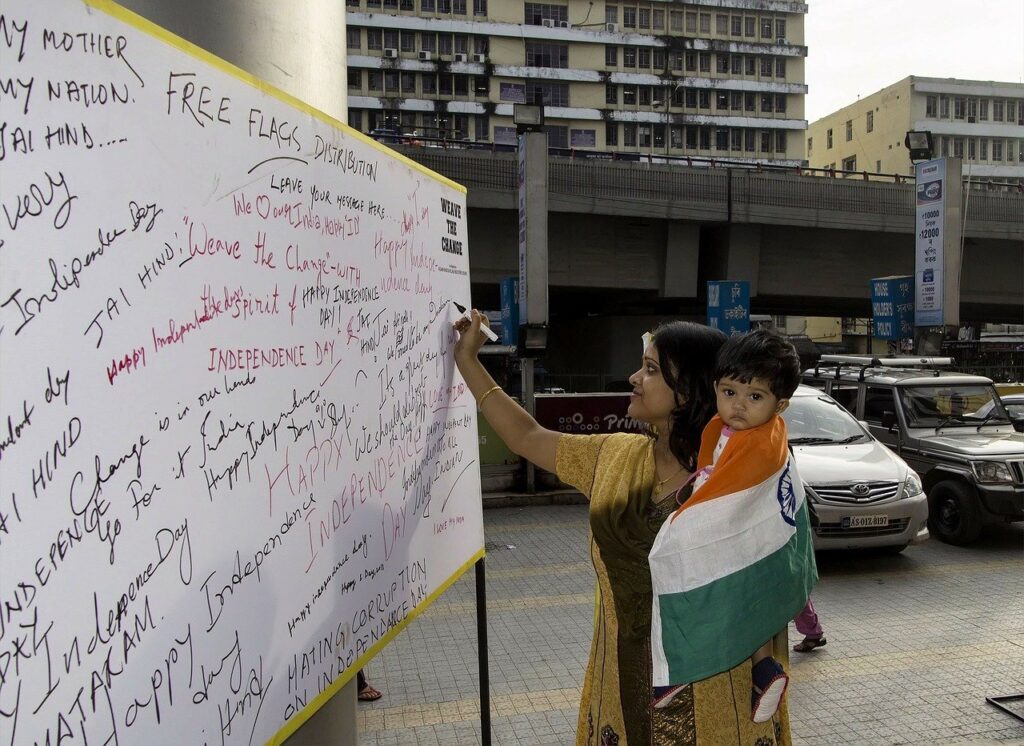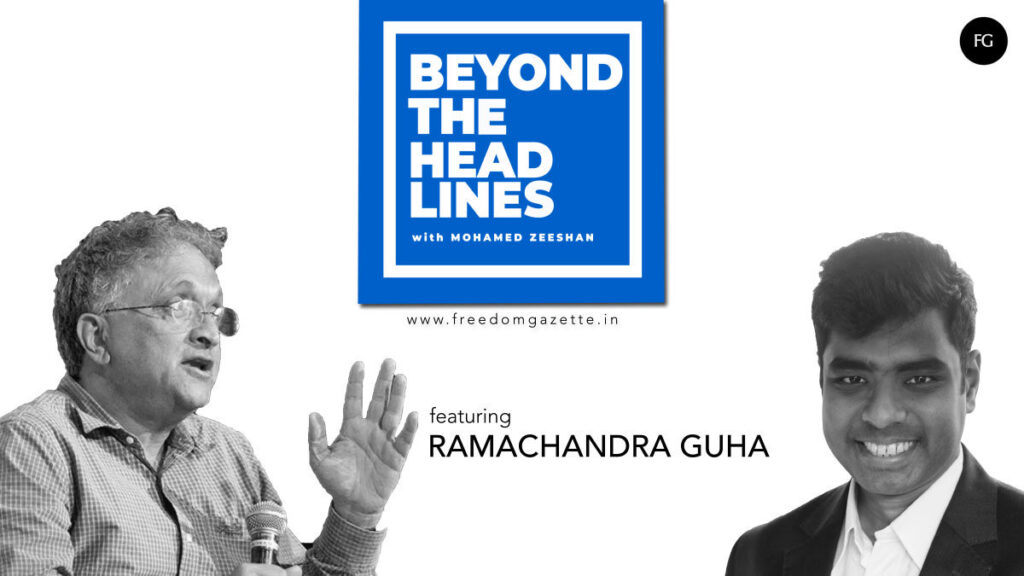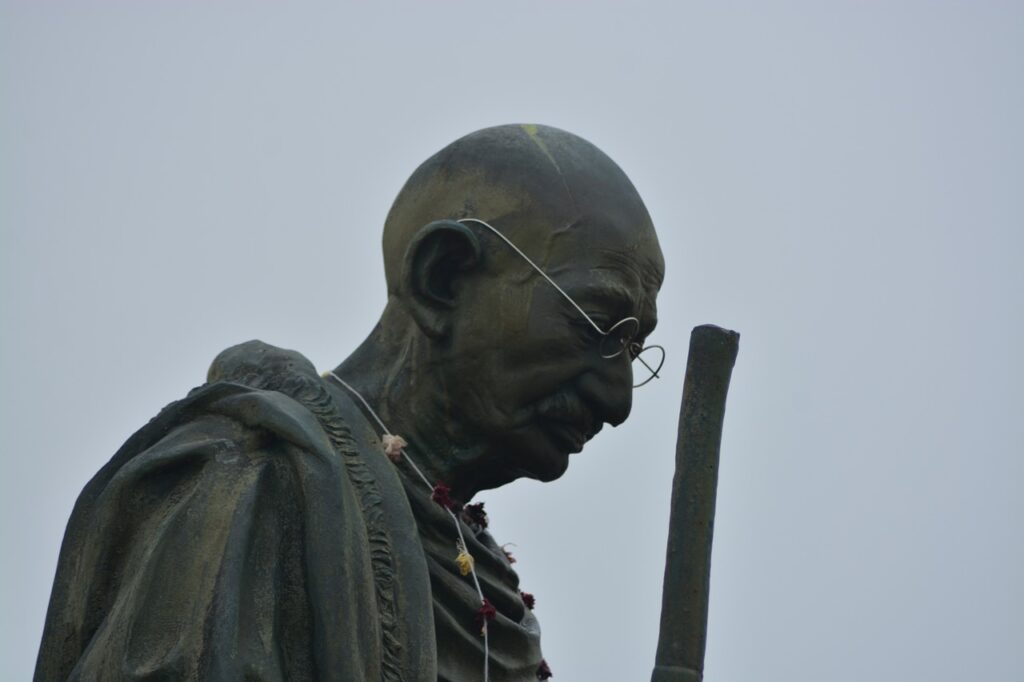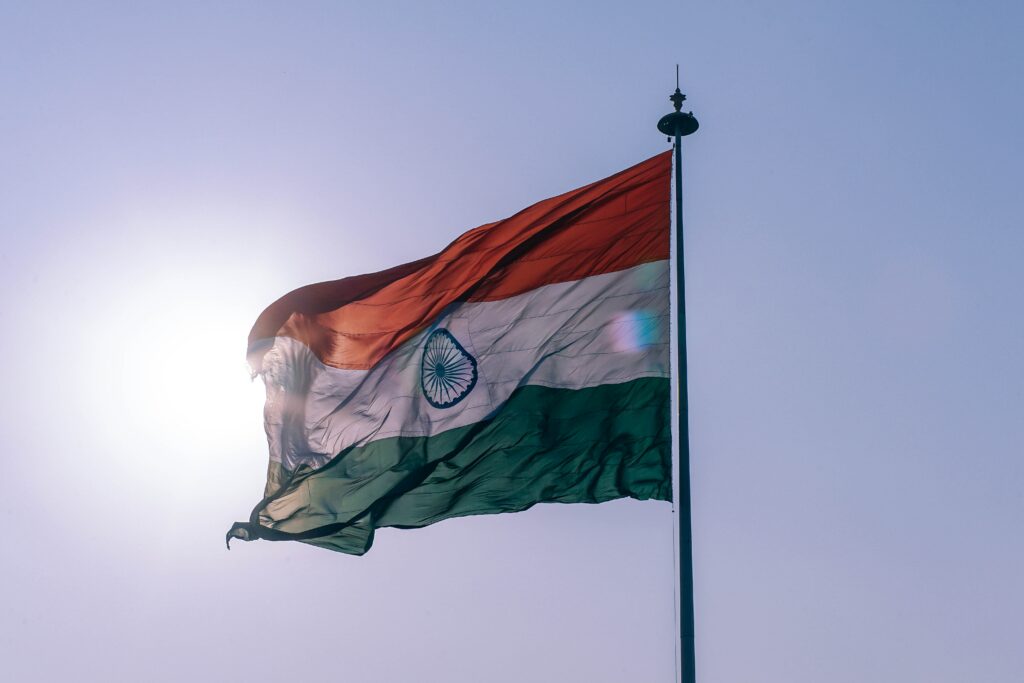Indians have often tried to convince themselves that India remains a largely tolerant and secular country. But several surveys and polls have proved that much of India remains conservative, undemocratic and intolerant. Liberal parties must build grassroots presence to change this reality.
Posts tagged as “indian nationalism”
The root of the India-Pakistan conundrum does not lie in the two countries’ inability to determine a permanent territorial boundary. Instead, the cause of perpetual conflict between India and Pakistan goes all the way back to the inception of the two countries as sovereign and independent states.
It is safe to say that a Second Republic is already here. While the First Republic was defined by the values of the Indian freedom struggle, the Second Republic is defined by the Hindu religious identity. Is India then beyond redemption? Ultimately, the people must decide which republic they want to live in.
For years, linguistic passions sometimes transcended religion or caste as a priority for many. But linguistic identities struggled to win majorities at the Union level and eventually gave way to caste and religious politics. The focus must now be on clearly articulating what constitutes the Indian identity.
The recent action against Kashmiri students for celebrating Pakistan's victory in a cricket match is yet another example of gross misuse of the law against Kashmiris. If the government intends to bring back a semblance of normalcy to the valley, it must shed draconian laws and try to win the hearts of the people.
Where once the white of peace waltzed with the green of prosperity, the ballroom of democracy seems to have been replaced with authoritarianism. The power of the citizen has been undermined by politics that cajoles Hindus to think of others as enemies and cudgels minorities to keep a watchful eye on Hindus.
In the inaugural episode of Beyond the Headlines, Editor-in-Chief Mohamed Zeeshan spoke to Ramachandra Guha, eminent historian and author. Guha spoke about Indian democracy, compared India to other democracies, and dwelt on the roles and responsibilities of historians in public discourse.
Mahatma Gandhi and Rabindranath Tagore enjoyed lively debates about nationalism, cultural identity and much more. Their debates have lessons for India on policy and governance, but they also show that if leaders can disagree with mutual respect, they can broaden and enlighten public discourse.
In mainland India, the tribal and ethnic communities of the Northeast are widely associated with secessionist movements. But during India's freedom struggle, countless freedom fighters from the Northeast laid down their lives for India's freedom. Mainland Indians should learn about them.

